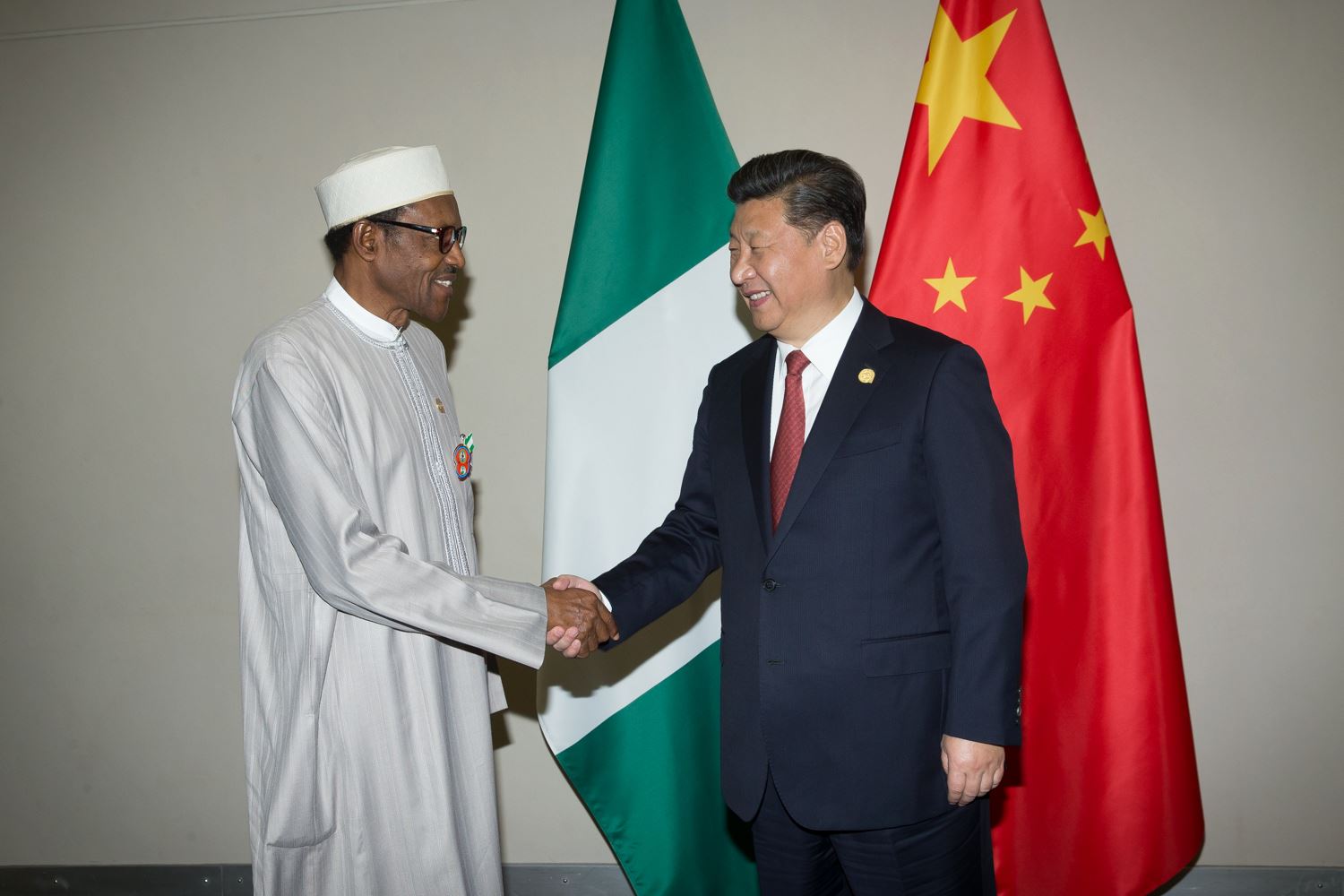The director general of the ministry of foreign affairs of China, Wu- Peng, has reaffirmed China’s commitment to maintaining cooperation with Africa.
Wu-Peng disclosed this at a meeting held with African journalists under the auspices of the China Africa Press Centre (CAPC) in June 2022 in Beijing.
Quoting the president of China, Xi Jinping, Wu-Peng said “China will work hand in hand with African countries to implement linked programs in the next three years”.
According to Wu-Peng, this includes programs related to the medical and health sector, poverty alleviation, agricultural growth and promoting investments.
“We’re still fighting to contain Covid-19 since the outbreak of the pandemic, China has so far provided about 260 million doses of vaccines to 55 African countries and African Union,” the Director General said.
He also mentioned that China had also made provision for about 120 batches of emergency supplies to African countries and they all have diplomatic relations with China and also contributed to Africa’s early recovery from the Covid-19 pandemic.
“China has already constructed the African CDC in Addis Ababa and it will be completed in 2023.
The other program I would like to make mention is the agricultural sector. When FOCAC was held in 2021, there was no Russia-Ukraine crisis, yet we focus and invested in Agriculture in Africa.
“The reason been, we believe in the potential of Agriculture in Africa, the growth and development is huge, there are still lots of arid land in Africa, Wu-Peng stated.
“Unfortunately, Africans still have to import grapes from the outside which costs a lot of currency and actually damages Africa’s international balance sheet.”
He said that the failure to prioritize agriculture could obstruct fast economic growth in Africa, suggesting that more should be done through Public Private Partnership (PPP) to ensure food security.
The director general laid emphasis on the need for proper implementation of the report from the FOCAC meetings to bring to life the realization of set goals and objectives.
“This does not make sense, you have lands, you have labor forces, I think we just need the right policy to promote price investments in industrial large scale farms to improve our food security.
“Why this is has become very important is due to the Ukraine crisis, food prices globally surged and going forward, we must finish construction of the project in the nearest future.
“African governments have already noticed developments of agriculture is a huge priority to deal with the crisis of hike in food prices, we want Africas countries to have up to date plans from FOCAC meetings and the findings of the results.
“Usually, when we have FOCAC meetings we just produce documents, we need more concrete actions, we must be focused,” the director general said.

 Naira4 weeks ago
Naira4 weeks ago
 Naira4 weeks ago
Naira4 weeks ago


 Naira4 weeks ago
Naira4 weeks ago




 Naira3 weeks ago
Naira3 weeks ago
 Commodities4 weeks ago
Commodities4 weeks ago


 News4 weeks ago
News4 weeks ago


 Banking Sector4 weeks ago
Banking Sector4 weeks ago
 Travel4 weeks ago
Travel4 weeks ago























